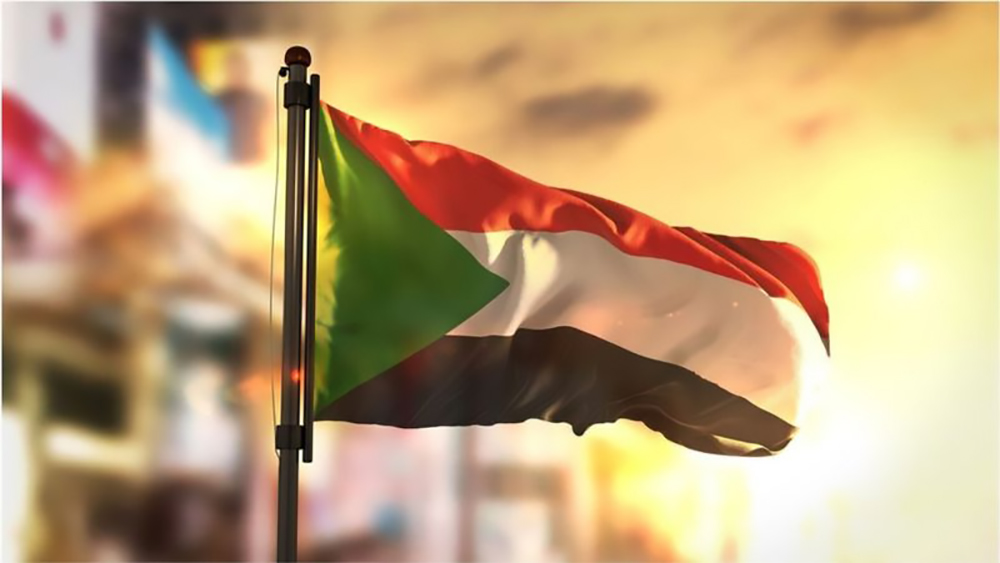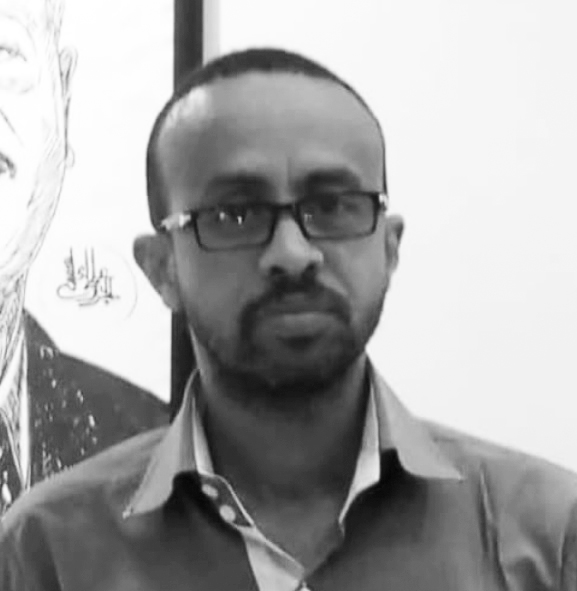
Determinants of the survival of the Sudanese state and its threats
Khaled Massa
It is agreed upon in public discussions in Sudan that the essential basis for the survival of the Sudanese state is the existence of a unified army built on national principles that reflect the diversity and plurality found in Sudan, governed by professional standards. The roles and tasks of this army must be clearly defined in the constitution. It is well known that the absence of the states monopoly on violence, and the dispersion of its use into the hands of multiple armies, is a path to threatening the very foundation of the Sudanese state.
In the security and military reform workshop last March, participants needed to consider the Sudanese case in its military aspect and examine the texts of the laws that legitimized the states incomplete jurisdiction over the use of violence and established peace agreements for the illegitimate plurality of armies.
The threat to the survival of the Sudanese state occurred due to the delay in implementing the security arrangements stipulated and agreed upon in the Juba Peace Agreement, and the lack of attention to the issue of legal reform, which could have provided a roadmap leading to the Sudanese state having a unified national army.
Historical grievances, which pose a primary threat to the survival of the Sudanese state, resulted from the unfair distribution of power and wealth, in addition to the impatience with the tools of democratic practice and the peaceful transfer of power. The state has paid for this for years in the form of wars and armed conflicts.
Proposing impractical visions for negotiating to end the war that has been ongoing since mid-April in itself poses a direct threat to the survival and stability of the Sudanese state, as war increases the chances of its disintegration and division. In contrast, the negotiation path should not lead to maintaining the threats to the survival of the Sudanese state and returning it to pre-war conditions.
The Sudanese state will not survive as long as the living components within it find no solution except through the rifle or solutions that eliminate the other and do not listen to them.
The Sudanese state will not survive if there are those who believe that the way to build it comes through the destruction of existing human capabilities or infrastructure and targeting all the elements that can consolidate the structure of the state and elevate it.
The threat to the survival of the Sudanese state remains as long as war propaganda uses everything morally prohibited, such as discourse on race, tribe, privileges, and historical grievances.
Discussions on solving the crisis created by the April war should begin with a Sudanese agreement on the constants of the survival of the Sudanese state and the peaceful and non-political extortion methods of transition and democratic transformation.
Out of concern for the survival of the Sudanese state, we should not be delighted to hear rushed solutions that have not been thought through, such as those produced by the zeal of siding with one party of the April war without considering their negative effects on the survival of the Sudanese state itself.
In light of the current tension created by the war, the scenario of announcing the imposition of caretaker governments, each within its sphere of control, is the ideal scenario for threatening the survival of the Sudanese state. This type of scenario has provided models confirmed by the failure of neighboring and regional wars to achieve the coherence and stability of the state.
The process of reforming the political mind that thinks reaching the power that governs the state can go through a shortcut called a coup is one of the essential processes required for the survival of the Sudanese state and ensuring its stability in the path of civil democratic transformation.
The significant loss we incur on the path to the survival and construction of the Sudanese state is the shaping of the awareness of civilians according to the values produced by the war. This awareness is difficult to build because it is destructive and exclusionary and does not make citizens contributors to building and rebuilding the state.
The Sudanese state will not be built while the complete paralysis of the production wheel that supports the national economy continues, the only guarantor to compensate for the previous losses of the state.
The Sudanese state will not survive if the systematic destruction of the education sector continues and its course is interrupted because the resident engineer of the Sudanese state construction project and its primary contractor is the teacher, and the peoples seeking to build their state put this in their curricula.
Those who care about the survival of the Sudanese state must consider the issue of citizens trust in their state and its institutions and their confidence in the states care and protection of their interests, which creates a real sense of belonging to the state as a maximum, while other narrow affiliations that do not create any additional sense of belonging retreat and which are additional determinants of the survival of the Sudanese state.


